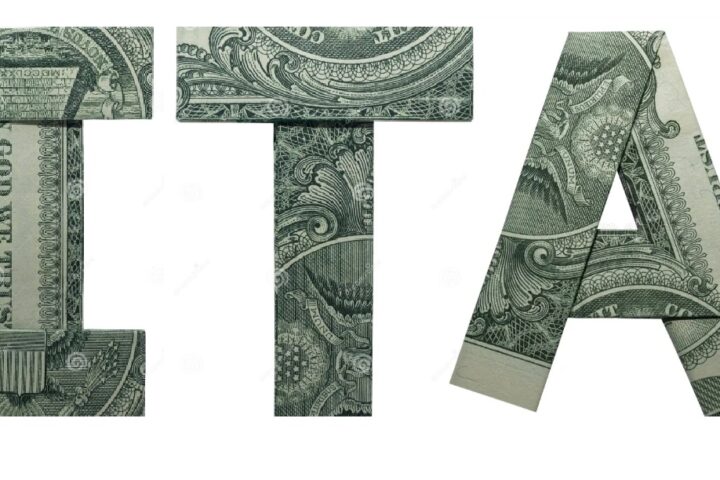Tax Implications of Shutting Down Your S Corporation
As you consider the process of shutting down your S corporation, it is crucial to understand the federal income tax implications that come with it. Here, I outline the tax basics for the corporation and its shareholders under two common scenarios: stock sale and asset sale with liquidation.
Shutting Down Your S Corporation Scenario 1: Stock Sale
One way to shut down an S corporation is to sell all your company stock. The gain from selling S corporation stock generates a capital gain. Long-term capital gain tax rates apply if you held the shares for more than a year. The maximum federal rate for long-term capital gains is 20 percent, but this rate affects only high-income individuals.
If you are a passive investor, you may also owe the 3.8 percent Net Investment Income Tax (NIIT) on the gain. But if you actively participate in the business, you are exempt from the NIIT. Additionally, state income tax may apply to the gain from selling your shares.
Shutting Down Your S Corporation Scenario 2: Asset Sale and Liquidation
A more common way to shut down an S corporation involves selling all its assets, paying off liabilities, and distributing the remaining cash to shareholders. Here’s how the tax implications unfold.
Taxable gains and losses. The S corporation recognizes taxable gains and losses from selling its assets. These gains and losses are passed to shareholders and reported on their personal tax returns. You will receive a Schedule K-1 showing your share of the gains and losses to report on your Form 1040.
Long-term gains and ordinary income. Gains from assets held for more than a year are typically taxed as Section 1231 gains at long-term capital gains rates. But gains attributable to certain depreciation deductions are taxed at higher ordinary income rates, up to 37 percent. Real estate depreciation gains attributable to straight-line depreciation can be taxed up to 25 percent.
NIIT considerations. Passive investors may owe the 3.8 percent NIIT on passed-through gains, while active participants are exempt.
Liquidating Distributions. The cash distributed in liquidation that exceeds the tax basis of your shares results in a capital gain, taxed as a long-term capital gain if held for more than a year. If the cash is less than the basis, it results in a capital loss.
Tax-Saving Strategy for Asset Sales
Your number one strategy for tax savings is to allocate more of the sale price to assets generating lower-taxed gains (e.g., land, buildings) and less to those generating higher-taxed ordinary income (e.g., receivables, heavily depreciated assets).
Compliance and Reporting
Report asset sales and allocations on IRS Form 8594 (Asset Acquisition Statement Under Section 1060). File the final federal income tax return using Form 1120-S, including final shareholder Schedule K-1.
Tax Questions About Closing Your Business
As an expert in small business tax services and tax consulting Ken-Mar Tax eats, sleeps and breathes small business tax strategies. Being an enrolled agent allows founder, Ken Weinberg, to represent you to the IRS - something only a CPA, tax attorney and Enrolled Agent can do. EAs are the only federally licensed tax practitioners who specialize in taxation and also have unlimited rights to represent taxpayers before the IRS. It also means he is continuously being updated on the new IRS tax codes and taking classes from the IRS that provide guidance on how to file returns so that they are not "flagged."
When you get your taxes prepared by Ken Mar Tax you also have the option to purchase the Tax Audit Protection Plan to avoid the extra costs of paying for audit representation. If you are audited by the IRS, State of Ohio or local taxing authorities, Ken-Mar Tax will meet with the taxing authorities on your behalf to negotiate a settlement for you. The fee covers all costs up to the Appeals level, including up to 15 hours of correspondence with the auditing party – either the IRS, State of Ohio or locality.








